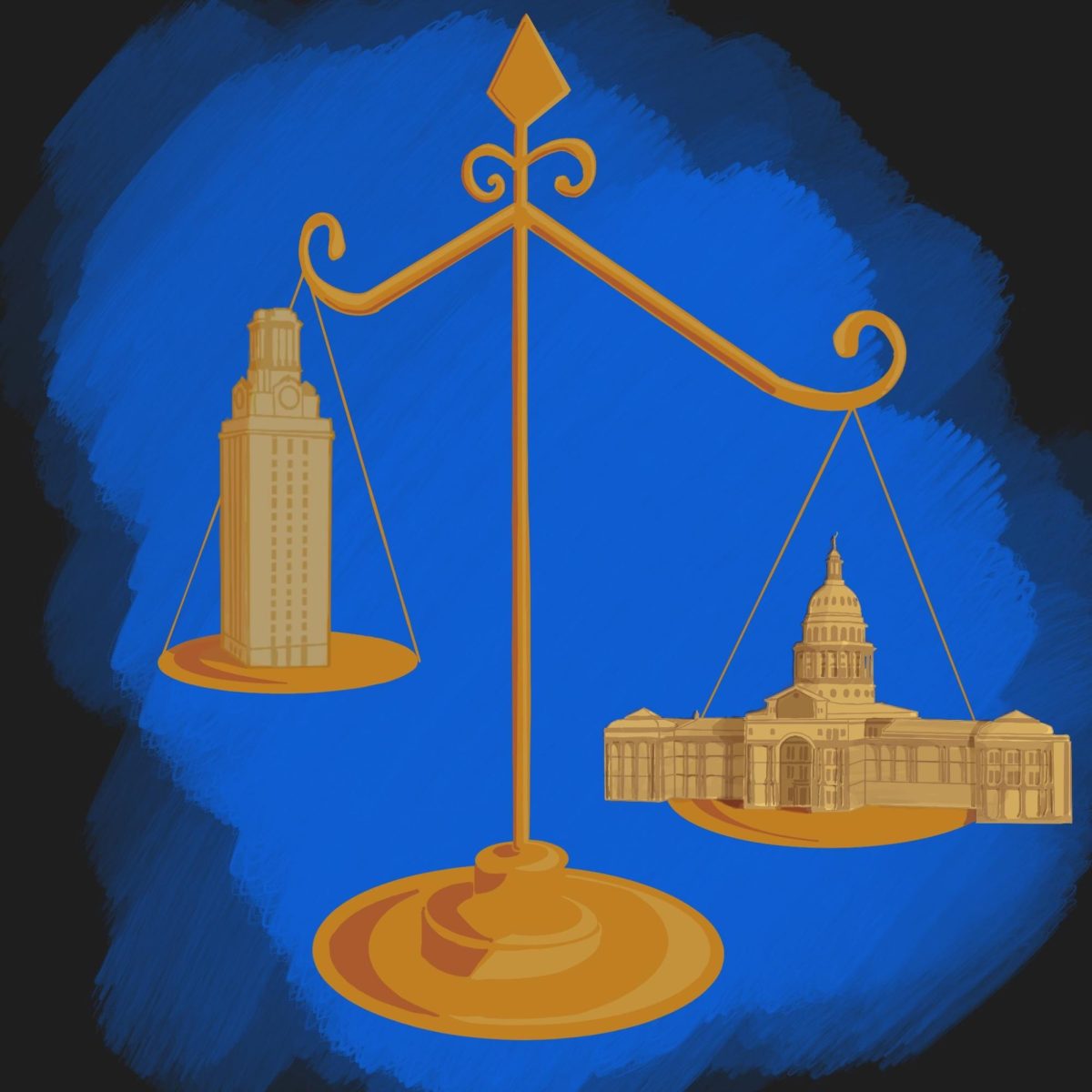Following controversy surrounding the UT System Board of Regents’ alleged micromanagement of President William Powers Jr., Texas lawmakers must navigate differing philosophies about the proper governance role of regents within a university system.
Richard Novak, executive director of the Ingram Center for Public Trusteeship and Governance, said the role of boards of regents varies from institution to institution and can sometimes be difficult to define.
“It’s an art, it’s not a science,” Novak said. “There’s a lot of ambiguity in being a public board member.”
The center works to improve dialogue between governing boards of university systems and government officials and is a project of the Association of Governing Boards of Universities and Colleges, a nationwide organization that aims to help governing boards and administrators build relationships among other goals.
The question of regents’ proper roles comes after months of conflict between Powers and the board. Last month, the UT System Board of Regents voted 4-3 to spend $500,000 to conduct a new investigation into the UT Law School Foundation’s relationship with the University.
In 2011, Powers instructed Larry Sager, then dean of the School of Law and current faculty member, to resign as dean after Sager received a forgivable loan of $500,000 from the foundation. An internal audit of the foundation, confirmed by the Texas Attorney General’s office, found the loan was awarded inappropriately.
Novak said the board could seek information about the foundation through UT System Chancellor Francisco Cigarroa, who would consult Powers, instead of launching an investigation. He said this would foster a candid conversation between the Regents, the System and University administrators and would follow board procedure.
“There just seems to be a lot of tension and the board ought to be taking the lead on reducing the tension, not adding to it,” Novak said.
The portion of the Texas Education Code that addresses the role of UT Regents says “the board may provide for the administration, organization, and names of the institutions and entities in The University of Texas System in such a way as will achieve the maximum operating efficiency of such institutions and entities.”
A bill currently filed in the Texas Senate would allocate responsibilities not specifically given to boards of regents to individual institutions.
Thomas Lindsay, director of the Center for Higher Education at the Texas Public Policy Foundation, said amending the law to respond to the situation with UT System Regents could negatively impact other institutions by applying a uniform standard.
“If you change governance structure and you change it for the whole state, what you do is restrict powers at precisely the time that boards need them to address the problems our educational system faces,” Lindsay said.
Lindsay said a more appropriate method to address the conflict would be to conduct hearings within the recently revived Joint Committee on Oversight of Higher Education Governance, Excellence and Transparency, a committee comprised of members of both houses that is investigating the regents.
“You don’t have to rewrite board powers in an effort to get at actions perceived to be overreaching,” Lindsay said.



















